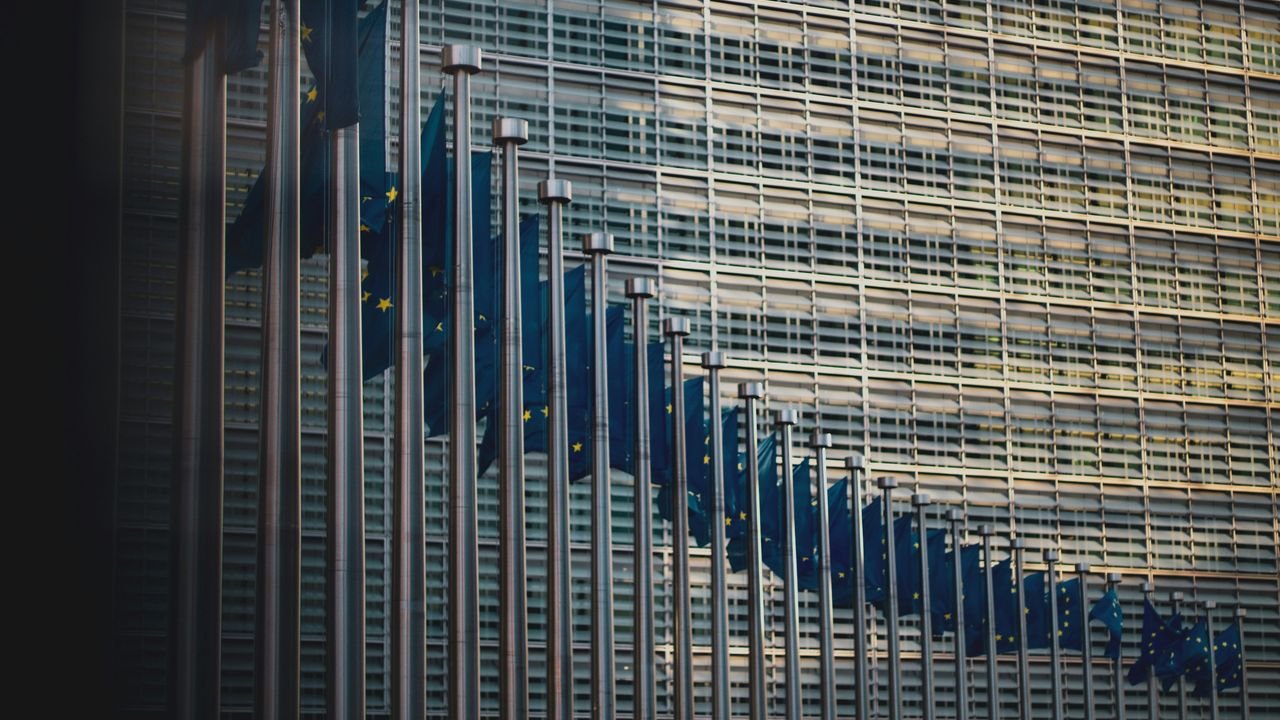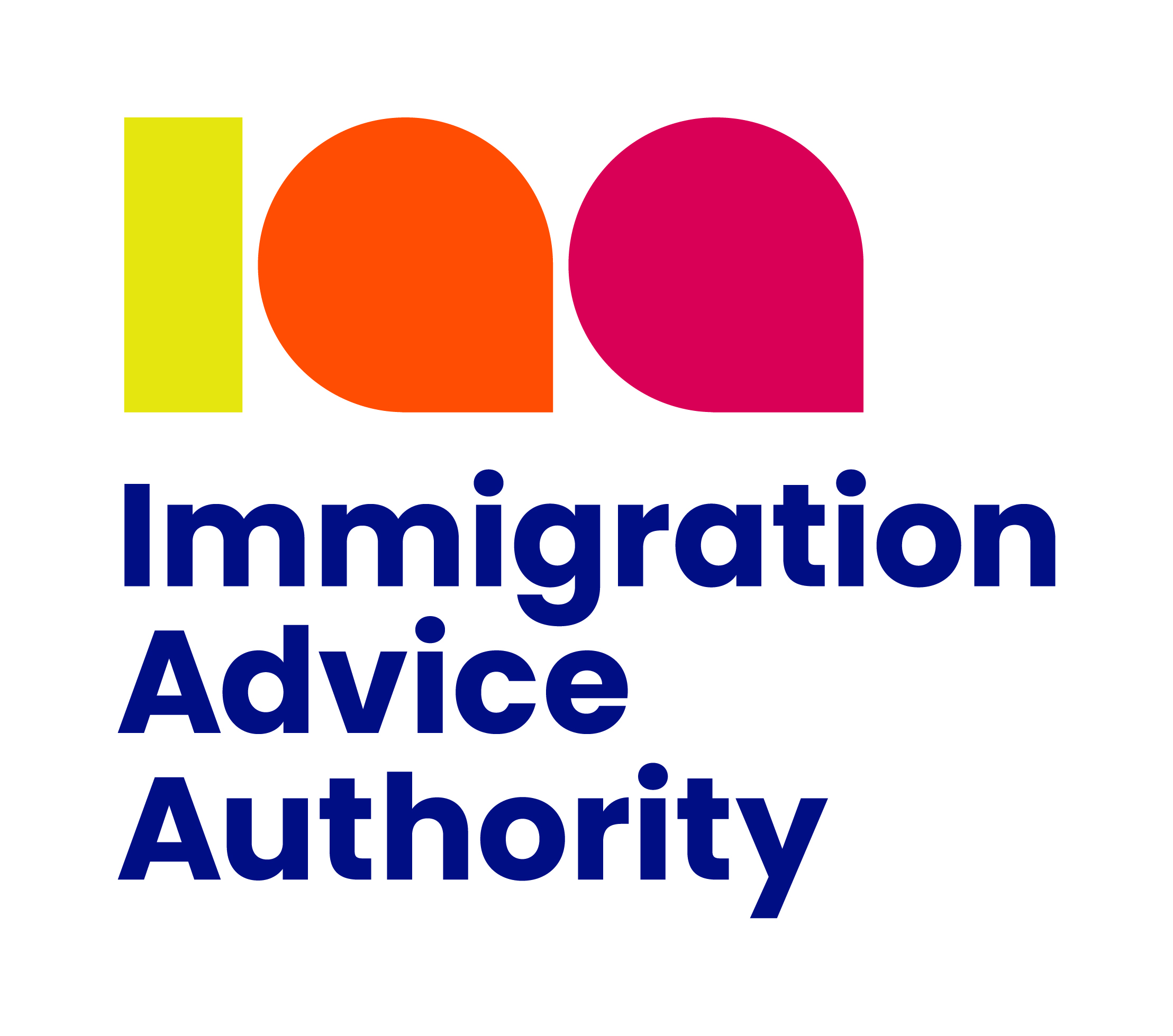
Schengen visa processing time & how to get yours faster
Schengen visa processing time & how to get yours faster
Schengen visa processing time can be the difference between a smooth trip and a stressful delay, so it’s important to know what to expect. While most visas are approved within days, delays can happen—but there are ways to speed things up. This Schengen visa guide covers standard and extended processing times, fast-track options, tips for quicker approval, and what to do if your application is delayed or denied.
Schengen visa processing time
The standard processing time for a Schengen visa is 15 calendar days from the date of submission. This period applies to most applicants and is generally sufficient for consulates to review the necessary documentation and make a decision
Extended processing time
In some cases, the Schengen visa processing time may be extended due to additional requirements. If the consulate determines that a more detailed examination of your Schengen visa application is necessary, or if extra documents are required, the processing period may be extended up to 30 or even 45 days.
Fast-track processing for family members of EU/EEA Citizens
Under the Free Movement Directive, certain applicants—specifically, family members of EU or EEA citizens—may be eligible for a free and accelerated visa procedure. This allows for a much quicker decision compared to standard applicants.
Tips to get the fastest Schengen visa processing time
For travelers on tight schedules, getting a Schengen visa processed as quickly as possible is a priority. While the standard processing time is 15 calendar days, to increase your chances of getting a visa faster, follow these steps:
Apply at the right time: Avoid peak seasons (summer and winter holidays) when embassies receive high volumes of applications.
Book an early appointment: Some consulates offer premium/express Schengen visa appointment slots for faster processing. Applications can be submitted up to six months in advance (or nine months for seafarers).

Submit a complete application: Ensure all required documents are provided correctly. Missing paperwork can cause delays.
Choose a visa-friendly country: Some countries process visas more smoothly than others. Check the easy Schengen visa countries list.
Use external visa service providers: Some countries allow applications through third-party visa centers that can help you.
Request an Emergency Visa (if applicable): In cases of medical, business, or humanitarian emergencies, you may request an expedited visa with valid proof.
Explore your options!
What happens if your visa is delayed?
If your visa application takes longer than expected, here’s what you can do:
Check your application status: Some embassies provide tracking systems that allow you to check the progress of your application online.
Contact the consulate: If your application exceeds 15 days, you can reach out to the consulate or visa center where you applied.
Request an expedited decision (if applicable): If you have a legitimate reason for urgency (such as a medical emergency or business meeting), you can request faster processing by submitting relevant proof.
Consider postponing your trip: If your visa is still under review close to your travel date, you may need to reschedule flights or accommodations to avoid losing money.
What if your visa is rejected?
Visa rejections are not uncommon, and if your application is refused, you still have options:
Understand the reason for rejection: The consulate will provide a formal rejection letter explaining why your visa was denied. Common reasons include:
Insufficient proof of financial means
Lack of valid travel insurance
Incomplete or incorrect documentation
Concerns about your intention to return to your home country

You can appeal the decision: If you believe the rejection was unfair, you may submit an appeal following the procedure outlined in the rejection letter. The timeframe and process depend on the country that denied your visa.
Reapply with a stronger application: If you choose not to appeal, you can submit a new visa application, making sure to correct the issues that caused your rejection.
Consult a visa expert: If you're unsure about the reason for refusal or how to improve your chances, consulting a visa consultant can help you prepare a better application.
- Posted on: 07.02.2025
- By: Eray Eliacik
About the author

Eray Eliacik
Eray is a seasoned writer and passionate traveler who has explored over 20 countries. With firsthand experience navigating visas and international travel, and a proven track record with reputable platforms like Dataconomy and Softonic, Eray now makes it easier for travelers to achieve their travel goals.
Related Articles

Austria visa: Application, appointment & everything you need to know
March 2nd, 2025
The Austria Schengen visa opens the door to stunning sights & culture. Explore now!

Belgium visa application, appointment & everything you need to know
April 12th, 2025
Learn how to apply for a Schengen Belgium visa, including types, requirements, fees, and tips for a smooth application process.

Bulgaria visa application, appointment & everything you need to know
April 17th, 2025
Learn about the Schengen Bulgaria visa, new entry rules, requirements, and tips for travelers planning to visit Europe.


